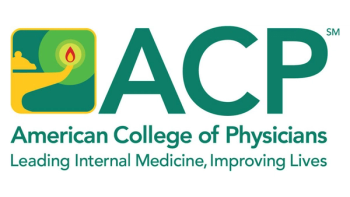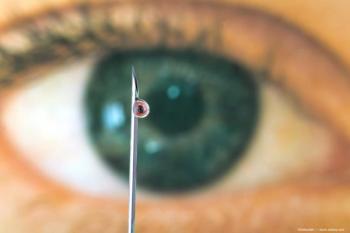
Digital devices help physicians stay connected to research
Ophthalmologists and other physicians are finding it more challenging to stay on top of all the clinical research and information that is presented before them. However, digital devices may provide an answer to help physicians absorb all this information.
Ophthalmologists and other physicians are finding it more challenging to stay on top of all the clinical research and information that is presented before them. However, digital devices may provide an answer to help physicians absorb all this information.
According to a reported published by Wolters Kluwer Health, most physicians are utilizing tablets and smartphones to meet the challenge of abundant clinical information.
Researchers conducted a survey of more than 300 practicing physicians in the fields of primary care, family medicine, and internal medicine to examine the top issues and challenges facing physicians.
More than 80% of physicians reported keeping up with the latest medical research as being very or somewhat challenging. A total of 79% and 61% of physicians reported using smartphones and tablets, respectively, in their daily practice. Fifty-five percent reported using both.
More than 70% of physicians said they used smartphones for accessing drug information. They also reported using the phones for communication with staff (44%) and patients (33%), and for accessing medical research (43%) and evidence-based clinical reference tools (42%).
Physicians also said they used tablets to access medical research (63%), drug information (55%), evidence-based clinical reference tools (50%), and medical records (43%).
The top information sources used for diagnosis, treatment, and ongoing patient care included professional journals (84% use frequently or occasionally), general browsers (80%), and colleagues (80%).
For more articles in this issue of Ophthalmology Times eReport,
To receive weekly clinical news and updates in ophthalmology,
Newsletter
Don’t miss out—get Ophthalmology Times updates on the latest clinical advancements and expert interviews, straight to your inbox.





























